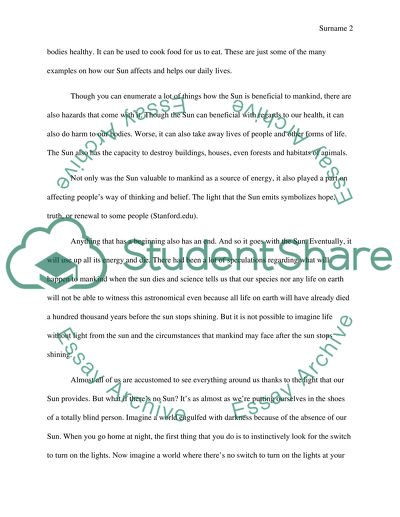Cite this document
(“The death of the sun and the philosophical implications for humanity Research Paper”, n.d.)
Retrieved de https://studentshare.org/philosophy/1474799-the-death-of-the-sun-and-the-philosophical
Retrieved de https://studentshare.org/philosophy/1474799-the-death-of-the-sun-and-the-philosophical
(The Death of the Sun and the Philosophical Implications for Humanity Research Paper)
https://studentshare.org/philosophy/1474799-the-death-of-the-sun-and-the-philosophical.
https://studentshare.org/philosophy/1474799-the-death-of-the-sun-and-the-philosophical.
“The Death of the Sun and the Philosophical Implications for Humanity Research Paper”, n.d. https://studentshare.org/philosophy/1474799-the-death-of-the-sun-and-the-philosophical.


